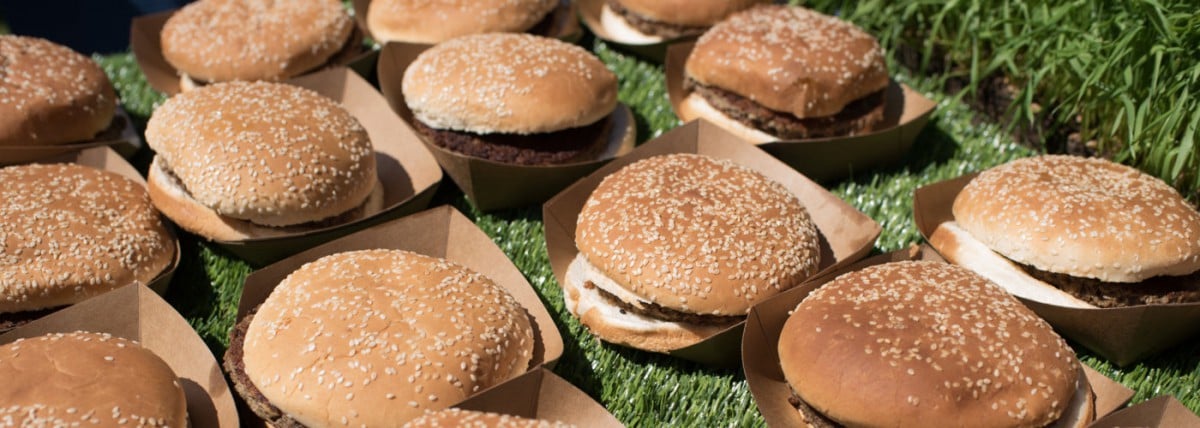EAT-Lancet report falls short of feasible climate change solution

New report, old story
Meat is canceled (once again). The EAT-Lancet commission just released a report calling for a drastic reduction of meat and other animal products for human and planetary health.
After three years of analysis, over thirty of the world’s top scientists have found that high rates of meat, eggs, and dairy consumption are incredibly destructive for the environment and harmful to our health. The commission lays out a new veggie-centric, meat-limited diet for the benefit of the planet and public health.
The problem is that no one is going to follow this advice. This report comes on the heels of this one and this one and this one and this one, all pointing to the same thing: our meat habit is hard on mother nature. In recent months and years, the news of more and more people going vegan has peppered the headlines. But somehow meat consumption per capita is at an all-time high—in the United States and globally.
Reports like this are necessary but not sufficient
Don’t get me wrong: it is a *magical* thing that the scientific community is taking a hard look at the impact of our dietary patterns on the planet, especially as the world’s populations trend towards the meat-heavy #westerndiet.
But there’s a reason for the unsavory connotation of the idiom “eat your veggies” : people aren’t in the mood to put down their burgers.
Organizations and veg-enthusiasts have implored people to eat more plants and less meat for decades, and now we’re running out of runway. The recent International Panel on Climate Change report posits that we’ve got twelve years to deal with climate change before we’re past the point of no return.
Therefore, we must think more creatively about how we can make it easy (or even effortless) for people to make the switch to a planet-friendly plate. Plant-based and cell-based meat are a critical part of the solution.
Make the default choice a better one
If people are going to choose to eat burgers and chicken wings—and clearly they are—why not make burgers and wings that are free of antibiotics and hormones, ones that come with a smaller carbon footprint and don’t require suffering?
The splash that Beyond Meat and Impossible Foods have made, simply by taking a high-fidelity approach to producing meat directly from plants, demonstrates a) the potential to make plant-based meat look and taste indistinguishable from conventional meat and b) how hungry people are for a better burger.
Simultaneously, the rapid development of the clean meat sector shows how very near-term this solution is. Aleph Farms debuted the first cell-based steak just five years after Dr. Mark Post proved that it was possible to produce animal meat without animal slaughter.
If we really want to mitigate climate change—while also reducing land-use, food waste, and reliance on antibiotics—we need to give people alternatives to animal agriculture they’ll get excited about. Maybe then, with a crave-worthy planet-friendly burger in-hand, the harsh realities about animal agriculture and climate change will be easier to stomach.

